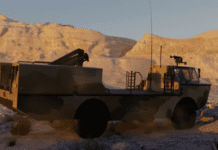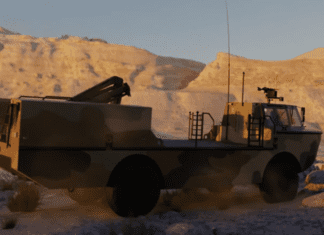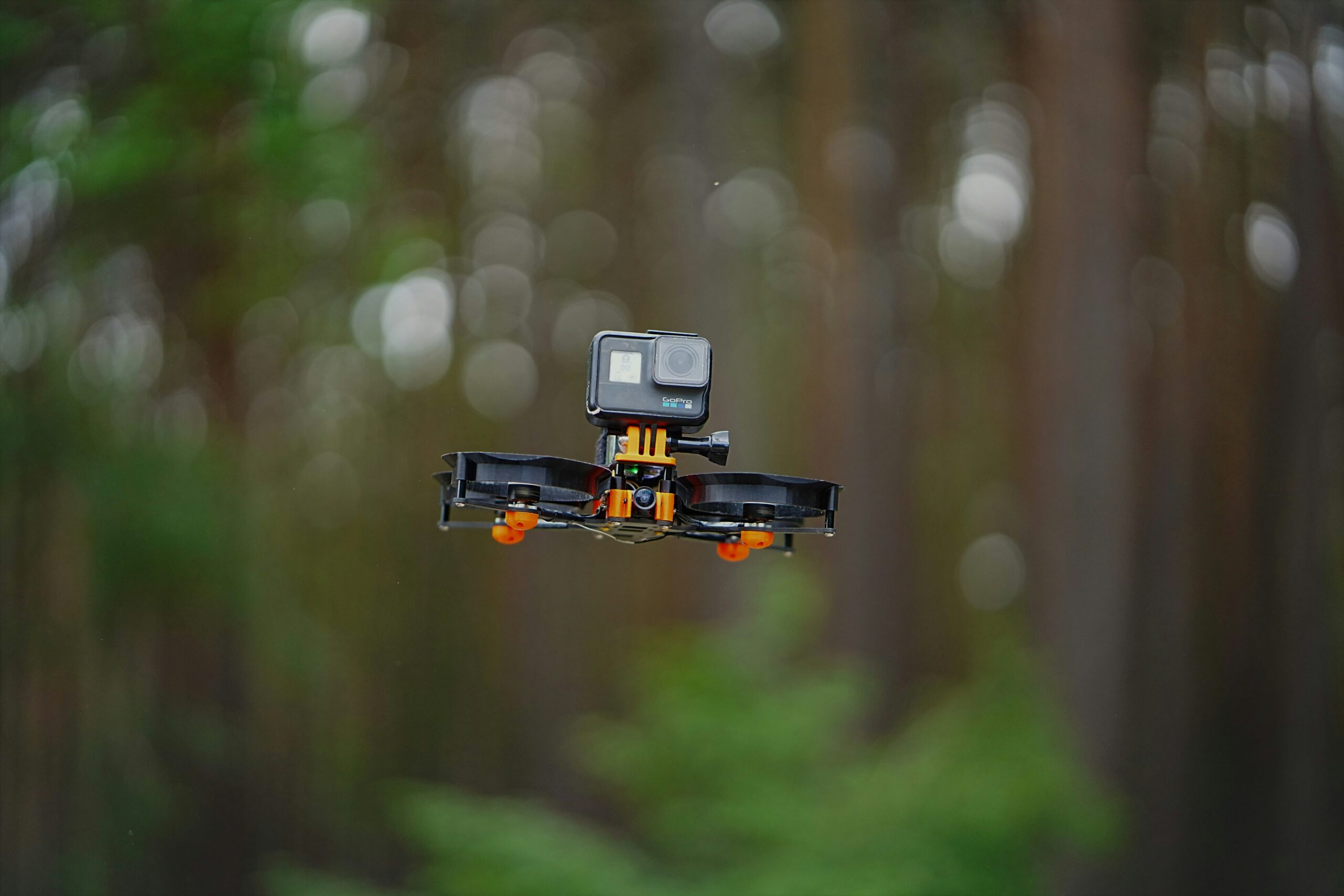This post is also available in:
 עברית (Hebrew)
עברית (Hebrew)
A former US Military General claims that robots and smart machinery will constitute a third of the US military within the next 15 years.
We are already seeing an extensive adoption of unmanned and AI-based war tools, which are reshaping warfare and raising major ethical concerns. Retired US Army General, Mark Milley, spoke at the Axios‘ Future of Defense event and stated that the number of human troops will likely be reduced as the world moves toward robotic systems.
According to Interesting Engineering, global military forces are competing to advance robotic technologies for combat, intelligence missions, casualty evacuation, transportation, and many other critical tasks across domains of land, air, and water. Many advanced technologies like armed drones, robo-dogs, and mechanical mules are now more possible than ever thanks to technical advancements.
Many armies are actively testing human-machine integrated formations (soldiers collaborating with automated vehicles and machines), the Air Force is pursuing “collaborative combat” planes designed to fly alongside human pilots, while the Navy is working towards a hybrid fleet that integrates unmanned surface and underwater vehicles to enhance the capabilities of sailors and Marines.
These sweeping developments are signs of big changes in the character of war, according to Milley, who claims that the rapid introduction of robots combined with the enormous power of quantum computing and AI brings real significant fundamental changes.
While the combination of crew-less tanks or pilot-less fighter jets with ultra-fast decision-making software raises concerns about “killer robots”, there are certain safeguards that are implemented, such as the US policy that mandates human control over triggering mechanisms.
When it comes to weapons oversight, Milley stated: “I lean toward humans in the loop. But I think this is going to be something that people are going to have to come to grips with here in the next decade or so.”


























